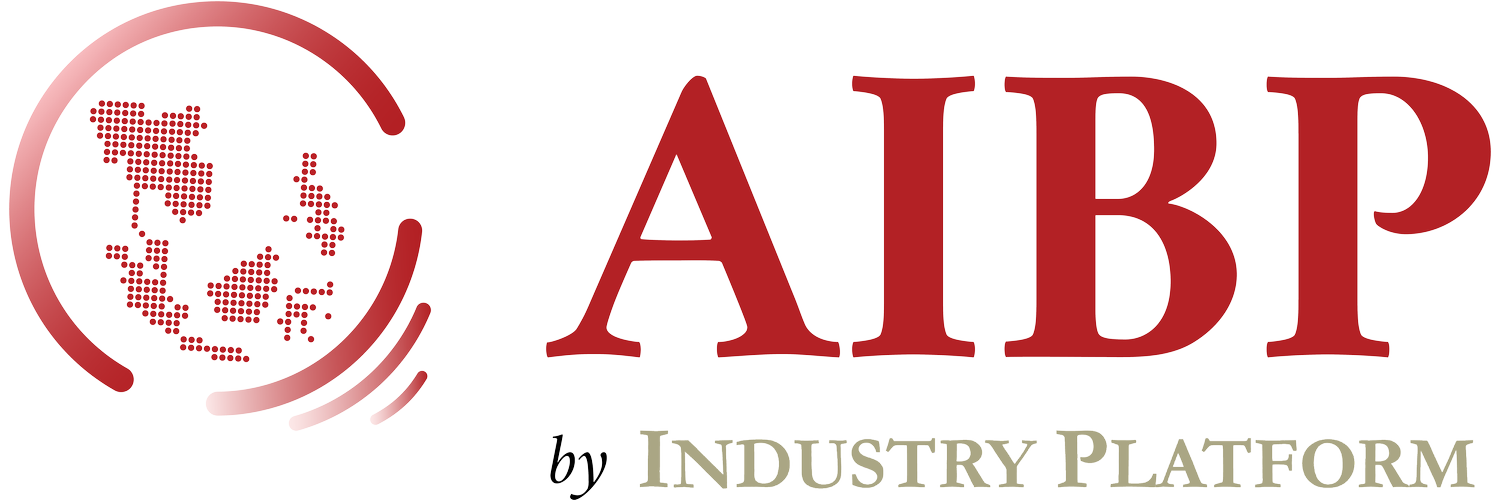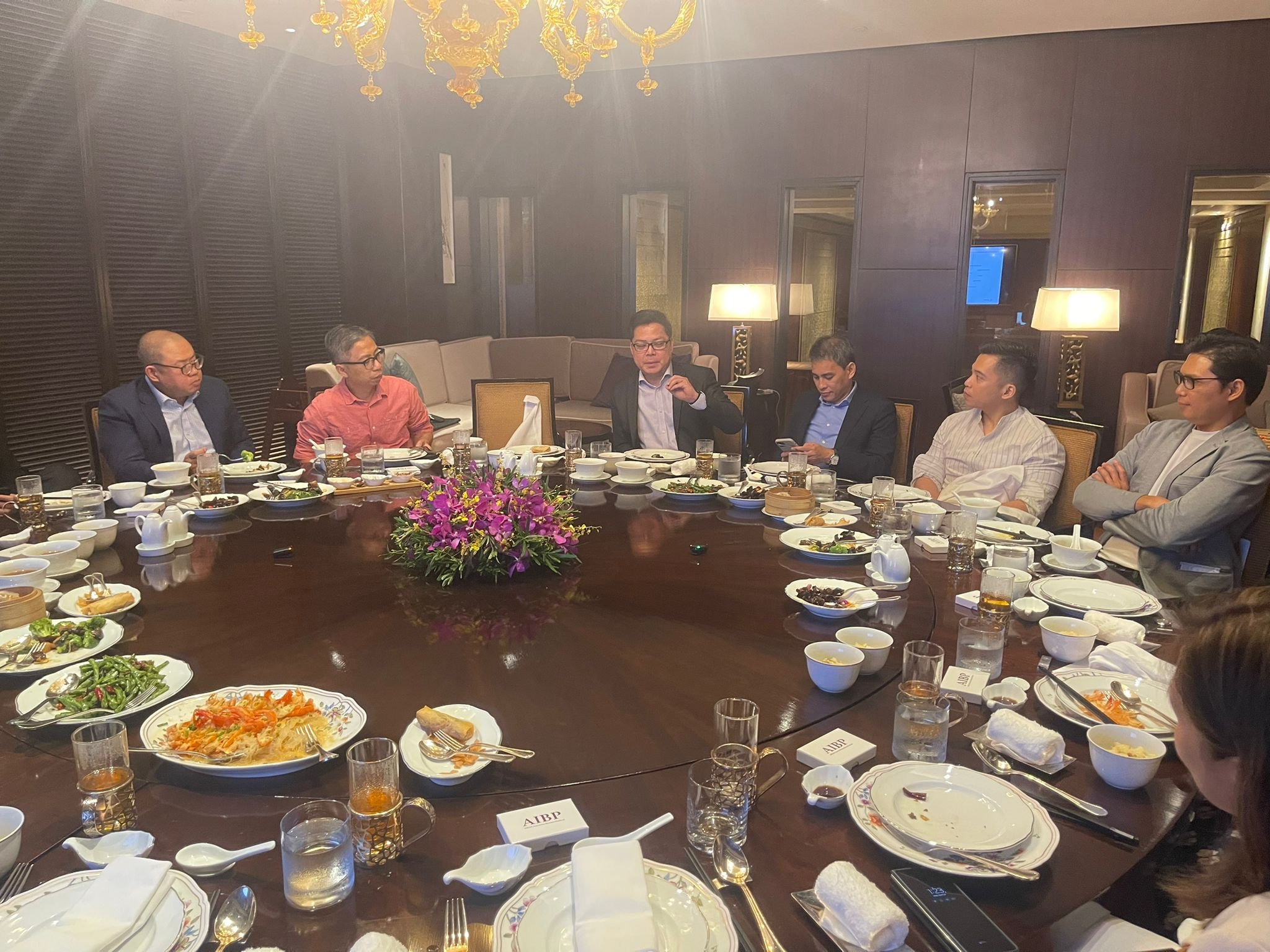Industrials, Manufacturing & Supply Chains

Driving Digitalisation Ecosystems in
Southeast Asia
Industrials, Manufacturing & Supply Chains
The region’s changing demographics, geo-political shifts and favorable government policies provide a strong foundation to capture growth in the manufacturing, energy, oil and utilities sector by adopting Industry 4.0 technologies. Manufacturers, and energy and utilities providers are incorporating technology like smart automation, data analytics and digital infrastructure into their processes in line with and beyond Industry 4.0 initiatives, which will greatly increase the efficiency of various aspects of the manufacturing industry especially in decision making, collaboration and communications, and transforming business models and processes.
-
ACCESS Information about innovative digital transformation journeys both from the region and internationally
-
ASSESS the level of innovation within their own firms (for enterprises) and city/states/countries (for government agencies)
-
ADVOCATE for innovative digital transformation journeys which serve as lighthouses for other enterprises to model after
Featured Insights
Bridging expectations for digital transformation - Thailand Advisory Board
-
Enterprises know that technology works, but adoption is tied to the value end users see: solution providers need to understand the pain points of end-users (beyond IT/tech teams) in order to encourage adoption
Need to bridge technology and business, and rethink the value-add of people: enterprises are ready to co-work (and co-create) with tech providers through knowledge-sharing
A relook at technology investment costs and pricing: is there a possibility for investment-sharing (hence risk sharing) between technology provider and enterprises to ensure successes from the beginning?
Start-up solutions are novel, but sometimes need help to be able to address a real business case: enterprises are open to validate and ready them
Manufacturing for Tomorrow: Intelligent, Connected and Sustainable
-
Technology plays a crucial role in helping manufacturers in the ASEAN region deliver operational excellence with cost reduction and improve resilience and agility. Big data analytics, artificial intelligence/machine learning, and IoT are some of the technologies being used by manufacturers to achieve these goals.
Collecting and analyzing data is critical for manufacturers to make better decisions, improve performance, and achieve sustainability goals. Manufacturers are investing in technologies like analytics, IoT, and big data to connect new infrastructure with legacy platforms, enable data scientists to extract knowledge, and maximize the value of data.
Manufacturers must align their sustainability and profitability goals to remain competitive. By reducing waste, implementing sustainable practices, and investing in technology, manufacturers can improve their operational efficiency, reduce costs, and enhance their bottom line while also achieving their sustainability goals.
-
Umang Gupta, Business Systems Manager-Benzlers & Radicon Group, AB Benzlers
Vincent Eng, Chief Information Officer, Beyonics
Derrick Roy B. Degay, Co-General Manager and Head of Corporate Development, First Philec
Dr. Stefan Mairhofer, Data Science Leader, Thai Union
Value Optimisation for Enterprise Innovations - Philippines Advisory Board
-
On deciding which digital capabilities to manage centrally to drive efficiencies, it is important to measure scalability in reducing the cost to serve, while managing time resources spent.
On increased cybersecurity risks, a centrally guided cybersecurity roadmap is crucial for conglomerates, with businesses at varying degrees of digital maturity. The discussion highlighted the importance of the minimum viable security product (MVSP), which establishes a baseline security checklist for effective cybersecurity management in the evolving digital landscape.
On enabling a hybrid work model. The shortage of skilled digital workers in the Philippines means that organisations that wish to hire these resources have to offer a hybrid work environment as table stakes. However the availability of technologies such as 3D modelling has also made previously resource intensive work such as maintaining remote sites more efficient. Several companies have also started exploring how to use generative AI to plug the gap. Philippines, with the youngest median age of 25.7 amongst the ASEAN-5, seems to be an an inflection point when it comes to the evolution of work culture
On conglomerates, business consolidation and the value it provides. Mergers and acquisitions are key tools to utilize in extracting value and the Philippines has seen its fair share of consolidation, especially within the banking industry. Discussions centred around creating effective shared services and utilizing scale for technology adoption.
Past Winners from ASEAN Industrials & Manufacturing
AIBP ASEAN B2B Growth Podcast 2023
Mr Ivan Adhitama Shindunata, Head of IT, Kalbe Nutritionals, discusses
Redefining business objectives across three key pillars - operational processes, supply chains, and customer experience
Engaging internal business users to contribute to innovation projects.
Ts. Tengku Intan Narqiah Tengku Othman, Group Chief Future Officer, SIRIM Berhad shares about
SIRIM’s innovative approach to internal digital transformation initiatives.
The critical importance of ensuring robust data security in today's digital landscape.
Perspectives on the convergence of AI, Data, and ESG, underscoring their collective influence in shaping the future of the industry.
Mr. Thossaporn Petporee, Senior Vice President, Business Development, Charoen Pokphand Foods (CPF) shares about
How Charoen Pokphand Foods (CPF) navigated the COVID-19 pandemic with a culture of innovation and empathy for people.
How a culture of innovation has driven CPF's growth
Thought-leaders in ASEAN’s Industrial and Manufacturing Sector
“Collaborations between government agencies and enterprises are essential in order to maximise the full potential of the digital economy in Indonesia. Improving human capital [of Indonesia] will also be important; more specifically, workshops and training are to be conducted among the workforce to ensure that the human capital can match the advancement in technology.”
Hitono Prio, Head of Institutional Strengthening and Industrial Cooperation, Kementerian Koordinator Bidang Perekonomian (Coordinating Ministry for Economic Affairs), Indonesia, AIBP C&E Indonesia, 1 November 2022
“With digital transformation, the potential of Thailand’s Industry 4.0 growth post-COVID becomes more promising than ever. To make this mission possible, the EEC will need to provide a strong system for the country’s digital infrastructure.”
Dr. Cholachit Vorawangso Virakul, Assistant Secretary General of Macroeconomic Affairs, Eastern Economic Corridor Thailand (EEC), Thailand, AIBP C&E Thailand, 30 November 2022
“Implementation of the technology is the easier part - the harder part here is the improvement of human capital and process, which will take time to be carried out, rather than being an overnight process.”
Ts. Tengku Intan Narqiah Tengku Othman, Chief Digital and Information Officer, SIRIM Berhad, Malaysia, AIBP C&E Malaysia, 17 October 2022
“It is important to consider the role of lean manufacturing in the journey towards Industry 4.0 - manufacturers will need to minimise waste within their manufacturing systems while simultaneously maximising productivity.”
Preecha Powanusorn, Assistant Managing Director, Thai Union Group PCL, Thailand, AIBP C&E Thailand, 30 November 2022
“The lack of access to real-time information and data can be a potential hurdle that can hamper the growth of supply chain digitalisation.”
Dr. Peter Leong, Deputy Head of Group Information Technology, Proton, Malaysia, AIBP C&E Malaysia, 17 October 2022
“To evaluate the sustainability of their manufacturing processes, enterprises can consider the return on investment of digitising these processes. In some cases, even with a low level of investment, the ROI may be achieved quickly.”
Dr. YT Chin, Senior Director SSD Operations, Western Digital, Malaysia, AIBP C&E Malaysia, 17 October 2022



























